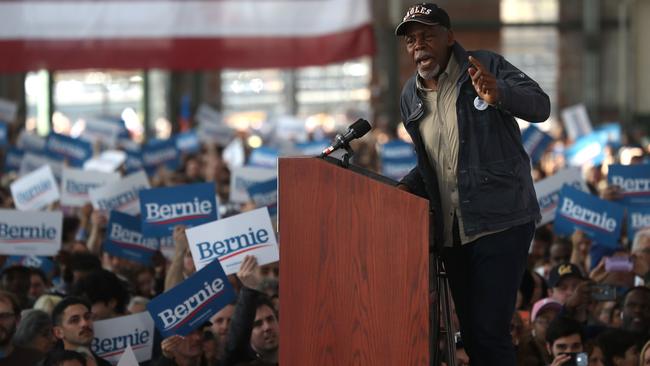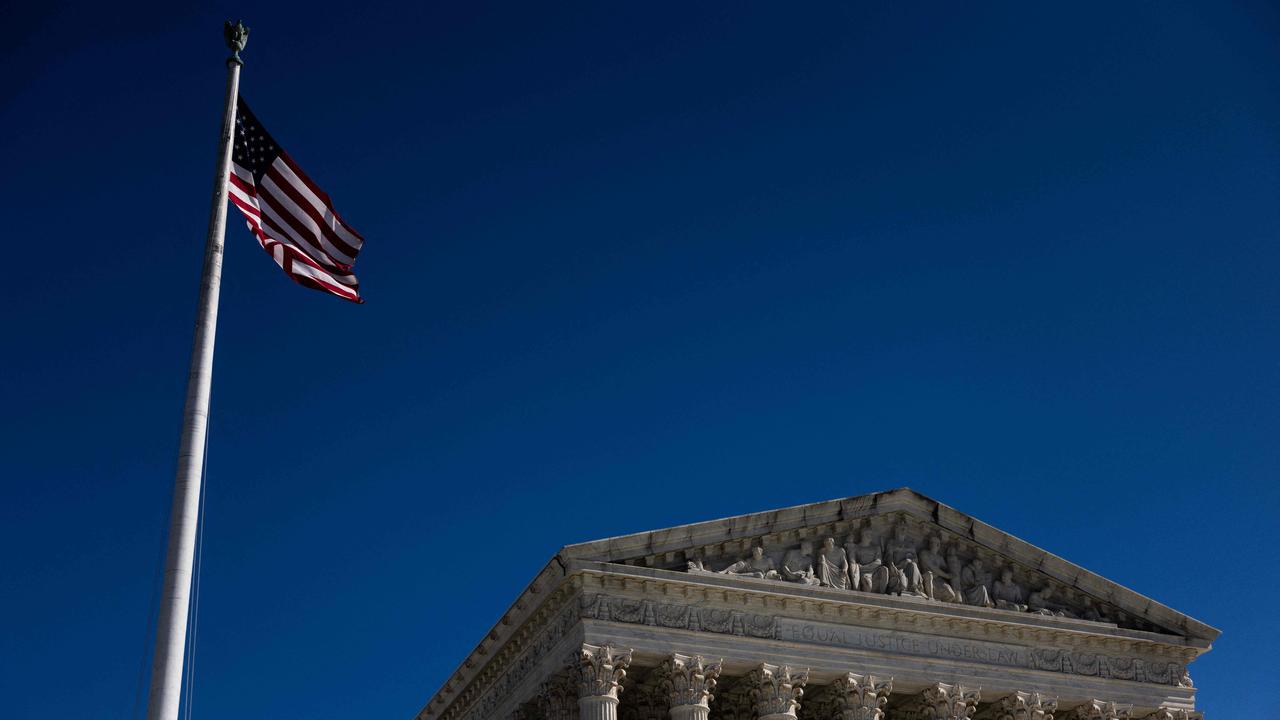Bernie Sanders, Michael Bloomberg offer differing theories of Democrat desires

For all the differences that separate the Vermont senator and the former New York mayor, though, the most profound is very simple: they offer divergent theories of what the 2020 presidential election is all about. Sanders believes Democrat voters are ready to overthrow the system. Bloomberg thinks they merely want to overthrow President Donald Trump.
The question of which approach Democrats are buying is central to the fate of these two unconventional candidates, and to the whole scrambled Democratic presidential race.
One of the most important aspects of any presidential campaign is the theory of the race: what is it that voters are really looking for that year? Ronald Reagan won in 1980 because voters were ready, after an ineffective Democrat presidency, for a turn in a conservative direction. Barack Obama won in 2008 because voters were seeking, in the midst of a deep financial slide and a depressing war in Iraq, a candidate who represented both hope and change. Trump won in 2016 because voters wanted somebody who would defy the establishment of both parties.
This year, the Democrat primary fight turns on the question of what the party’s rank and file are most yearning for: a genuine revolution, or a simple change in command.
Sanders and Bloomberg both want to defeat the President, of course. But that isn’t all, or even most, of what Sanders is selling. He argues that Democrats should upend the system that prevails in the political and financial halls of power.
The influence of “millionaires and billionaires” must be curbed, and their taxes, extracted at a much higher rate, should be used to finance a wholesale reordering of the social compact. Healthcare will be free, college education will be free, student debt will disappear, the minimum wage will rise.
More broadly, the Sanders campaign proceeds from a belief that Trump won because he captured the anger and dissatisfaction of working Americans, but now is vulnerable because he hasn’t really made working-class concerns the centre of his presidency.
Still, the fact that Sanders is running against Trump is almost secondary; the Sanders view of society’s economic injustices is the same one he would be offering regardless of who was on the Republican line. It’s similar to the one he offered four years ago and indeed is similar to the one he has been offering for four decades. Sanders believes the Democratic Party is finally ready to buy in.
The Bloomberg candidacy, by contrast, exists for one reason: to defeat Trump. Bloomberg’s argument is that he is both tough enough to do it, and has the wherewithal to do it.
Bloomberg’s disdain for the President oozes from his every ad and every appearance, as does his belief that he, as a fellow New York big shot, and a more successful one than the President at that, has Trump’s number.
Nowhere was that more clear than in the tweet Bloomberg fired off a few days ago, after he had been belittled by Trump. Speaking directly to the President, Bloomberg declared: “We know many of the same people in NY. Behind your back they laugh at you & call you a carnival barking clown”.
To be sure, Bloomberg touts his experience providing healthcare as mayor of New York, and his activism in promoting new gun laws and battling climate change. But those aren’t the main arguments animating his effort. The animating argument is that the President is dangerous, and you need this New York tough guy to beat that New York tough guy.
Implicitly, the further argument is that beating Trump is way more important than ideological arguments. The system doesn’t need to be brought to its knees; only the President does.
So, who has the right theory of the electorate? It’s hard to know, of course, because Bloomberg has spent millions and millions on ads, but hasn’t yet actually appeared on a ballot. That phase will start on Super Tuesday, March 3.
Meantime, former vice-president Joe Biden, Minnesota senator Amy Klobuchar and former South Bend, Indiana, mayor Pete Buttigieg also are campaigning on the theory that Democrats are looking more for a safe and moderate harbour than a risky revolution.
They may be right, and here’s one data point in their favour. In Wall Street Journal/NBC News polling, the share of Democrats calling themselves moderates actually has gone up in the past three decades, from 25 per cent in 1989 to 37 per cent now.
Sanders sees a party ready for an uprising; it may simply be hungry for a change.
The Wall Street Journal



To say that Bernie Sanders and Mike Bloomberg are different is one of those statements that is at once both entirely true, yet woefully insufficient.